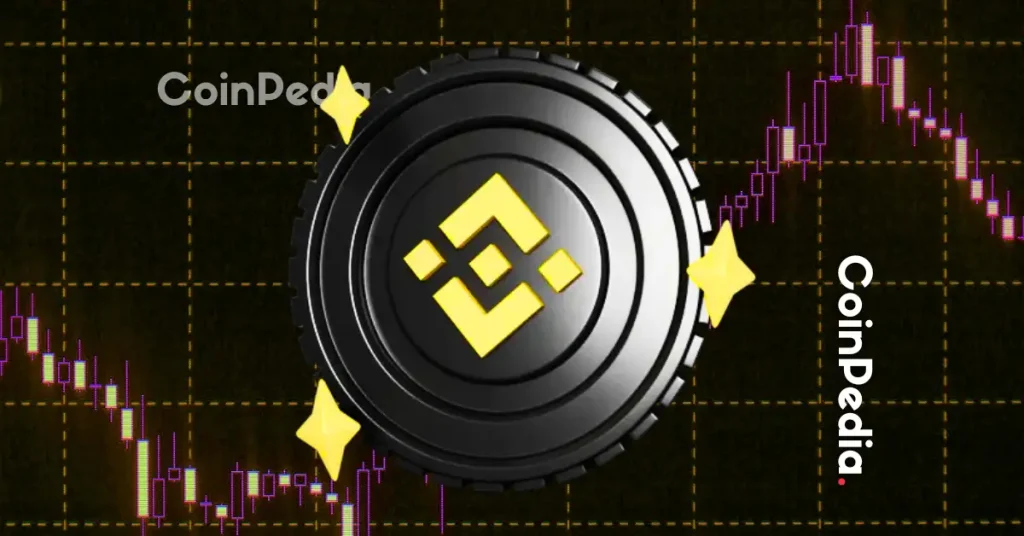EU Eyes Ethereum, Solana for Digital Euro Amid US Stablecoin Boom



The post EU Eyes Ethereum, Solana for Digital Euro Amid US Stablecoin Boom appeared first on Coinpedia Fintech News
The European Union is now considering whether its long-awaited digital euro should be launched on public blockchains, such as Ethereum or Solana, according to a Financial Times report . This represents a significant shift from earlier discussions, which leaned toward a closed, permissioned system run directly by the European Central Bank (ECB).
If adopted, this move could allow the euro to plug directly into existing crypto markets, making it easier to use in wallets, exchanges, and decentralized apps. However, there’s a big trade-off: while public blockchains boost accessibility and innovation, they also make transactions highly transparent, raising serious privacy concerns.
US Regulation Sparks Urgency in Europe
The debate gained momentum after the United States passed the GENIUS Act, a law that sets the first clear framework for stablecoins. It requires issuers of dollar-pegged tokens to hold full reserves, obtain licenses, and comply with strict reporting standards. This swift action from Washington has energized the stablecoin market and strengthened the role of dollar-backed tokens that already dominate the crypto space.
For Europe, the message is clear. Any delay in the rollout of a digital euro risks leaving the euro behind as the dollar becomes even more powerful in the digital economy.
What the Digital Euro is Designed to Do
Though it’s not something new, the European Central Bank began work on the digital euro in October 2021. The aim is to ensure Europeans continue to have access to central bank money in a more digital economy. The project also seeks to complement cash rather than replace it.
Another key purpose is to reduce reliance on non-European payment providers such as Visa and Mastercard, which currently process around 70% of eurozone transactions. By creating its digital version of the euro, the ECB hopes to strengthen the region’s financial independence.
Public Blockchain or Private Control
The choice of network is at the heart of the debate. A euro issued on Ethereum or Solana could circulate freely in global crypto markets, making cross-border payments easier and boosting adoption outside Europe.
On the other hand, a private ledger would give the ECB tighter oversight similar to China’s approach with the digital yuan. Supporters of public blockchains see global reach as the biggest advantage, while critics highlight the risks of exposing sensitive financial data.
A Fast-Changing Global Race
Moreover, Europe is watching closely as other nations move ahead. Japan recently approved its first dollar-pegged stablecoin, and China is already expanding the use of its digital yuan. With the US setting the pace, the EU faces growing pressure to ensure the euro remains competitive in a financial system that is becoming increasingly blockchain-based.

Invest $1,000 in Ozak AI Now; Potential Million-Dollar Returns Await
The post Invest $1,000 in Ozak AI Now; Potential Million-Dollar Returns Await appeared first on Coin...

UK Financial LTD Launches ERC-3643 Security Token SMPRA, Advancing Compliance and SEC-Ready Adoption
The post UK Financial LTD Launches ERC-3643 Security Token SMPRA, Advancing Compliance and SEC-Ready...

BNB Now Available for Trading on the UAE’s Largest RAKBANK Bank
The post BNB Now Available for Trading on the UAE’s Largest RAKBANK Bank appeared first on Coinpedia...

